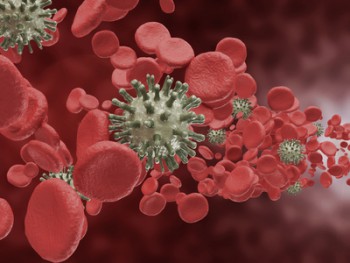
Cancer cells often proliferate due to their ability to evade the body’s natural defense system. Immunotherapy for cancer eliminates this advantage by boosting the response of immune cells, but researchers have discovered a possible roadblock: a limited amount of cellular “fuel.”
Running on Empty
A team at the University of Pittsburgh conducted a study to determine why treated T cells lose mitochondrial function once they are reintroduced to the tumor environment. They confirmed that the reaction is definitely a result of proximity to the tumor and not a side effect of activation.
Data obtained during testing showed that the tumor microenvironment contains signals that repress oxidative metabolism in T cells. In effect, the cells starve from lack of energy.
Stoking the Flames
The study, published last August in the journal Immunity, found that T cells suffer a progressive loss of a PPAR-gamma coactivator that programs mitochondrial function. Laboratory testing on rats showed that just as T cells can be treated to better detect and fight tumor cells, they can be treated with the coactivator to maintain effective metabolism levels.
Dr. Greg M. Delgoffe, leader of the University of Pittsburgh team, has joined with other scientists to develop new methods of immunotherapy for cancer using the study’s results. Strategies include incorporating commonly used drugs along with further T cell modification to stimulate metabolism.
Issels®: The Leader in State-of-the-Art Immunotherapy
Our innovative, personally tailored therapies fight cancer by focusing on both the tumor and its microenvironment for more effective treatment. Contact us to learn more about our non-toxic protocols such as cancer vaccines and NK cells.


